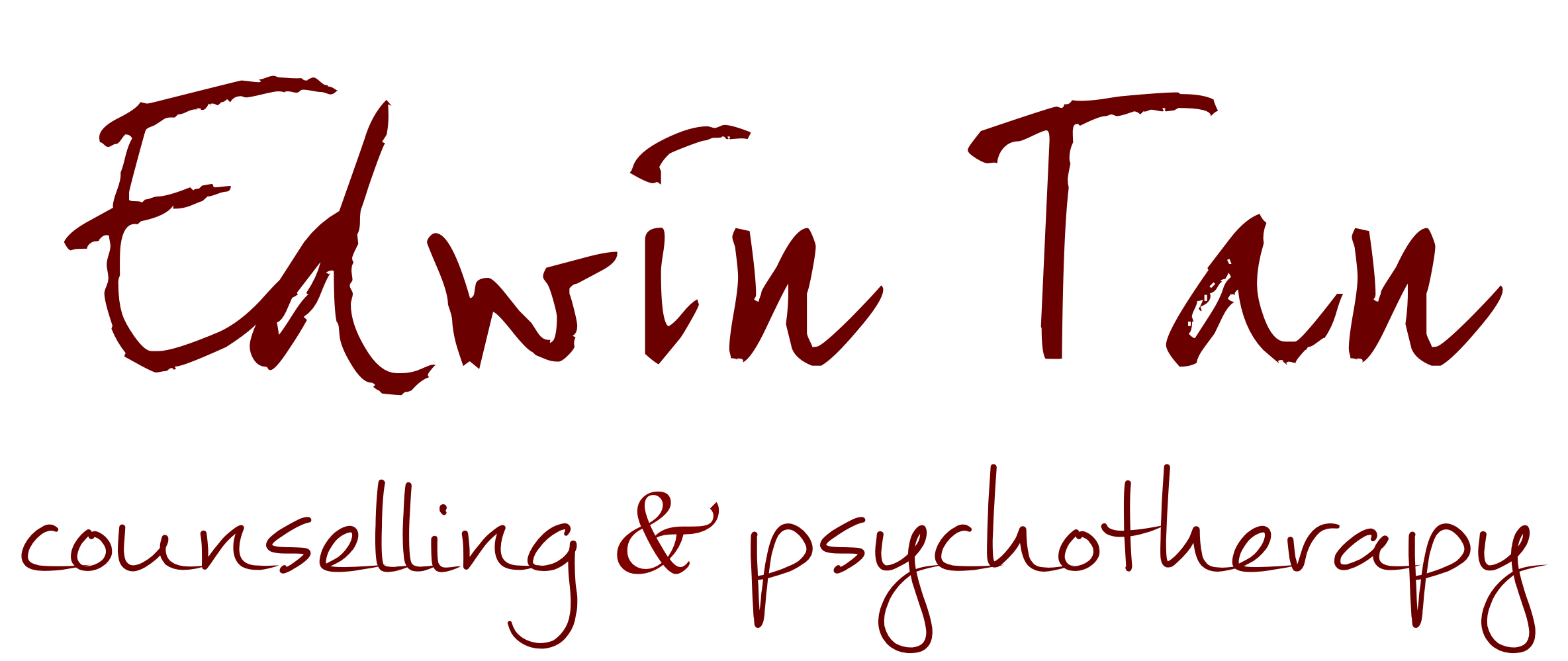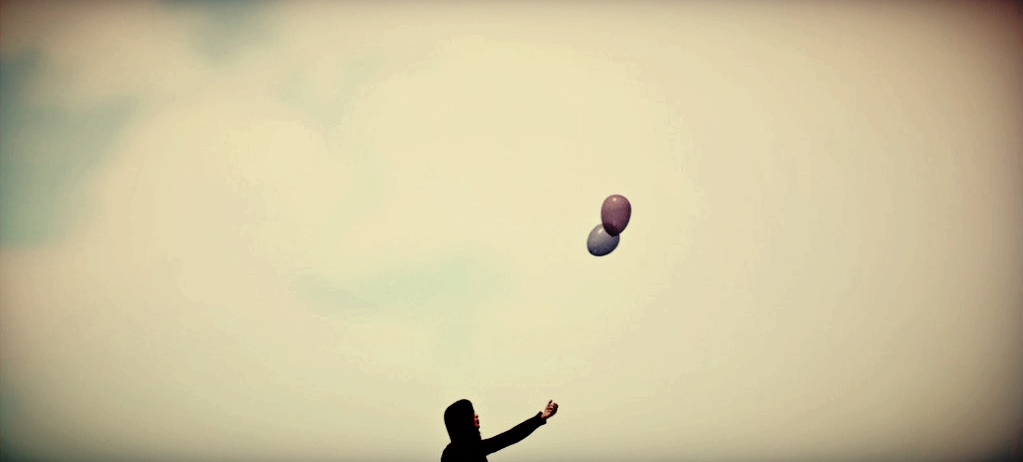Either | Or
Many people go through life liking, loving and living, accumulating treasures along the way. Some of these are consciously chosen, but many are not. It is only when something is threatened that its real value becomes apparent to us.
Change is one of the fundamentals of therapy – and it often involves letting go of things, people and places. Even ones we treasure.
“We have the strength to let go of even the things we treasure. Other treasures eventually replace them.”
In my work with clients, what comes up again and again how malleable the definition of ‘treasure’ is. Jobs, lovers, possessions, places – everything/one has the power for good and ill in our lives depending on how we relate to them.
Steady employment is a good thing – unless it happens to be in service of a career you don’t really enjoy, but feel obliged to soldier on in because of financial reasons, parental approval, social admiration, fear of the unknown… the list goes on. When a job becomes a treasured part of our self-image, it is very hard to let go of, no matter how much stress and unhappiness it causes. On an even graver note, people in abusive relationships are often trapped by something they treasure within the dysfunction, and so find it difficult to walk away.
Letting go can be terrifying, liberating and everything in between. In therapy, clients take the time to explore the landscape between what is, and what may be, as they try to reach a way of letting go that is congruent and practical for them. What often helps is the realization that life is not full of binary ‘either/or’ situations and scenarios – “Either I have my treasure or I become unfulfilled” – but it is our familiar ways of thinking and feeling that have painted us such an inaccurate picture; once we are familiar with something, even if it is uncomfortable, unsatisfying and unrewarding, it becomes almost like a blind spot to us. The people and things we treasure may not be serving us – they might even be hindering us – but because we are so used to things being the way they are, we forget that we have a choice. Even if we are conscious of our ability to choose, our attachment to the treasure in question makes it hard for us to see beyond the loss of what is familiar and embrace the uncomfortable unknown that comes with letting go.
But as Ms Strayed firmly assures, other treasures do come. With conscious awareness of who we are and what we need, there is hope that these replacements will align more closely with our sense of selves and allow us to live more abundantly, rather than limiting us, as treasures of yore. The work of identifying what these treasures are, and what treasures may be, and what choices we have in relation to them, is an adventure that I invite everyone to undertake.

